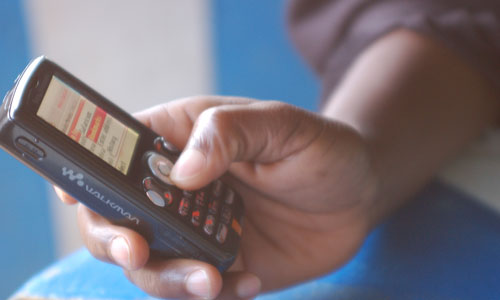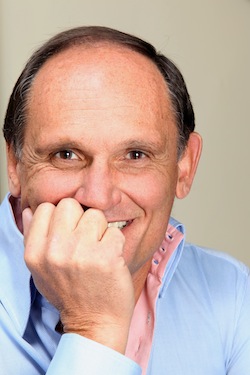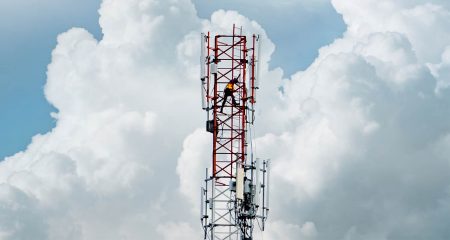
A former MTN consultant has thrown a spanner in the works over a lawsuit against Vodacom by its former employee Nkosana Makate, who claims he was the originator of the popular “please call me” service and is entitled to compensation from the company.
Ex-MTN employee Ari Kahn says he came up with the idea and has the paper trail to prove it. But he says he doesn’t want compensation, just recognition.
Kahn was lead data consultant at MTN between 1994 and 2002. He claims that in 2000 he invented the idea for a service that would allow someone without cellular airtime to send a text message to another cellphone user requesting to be called back. The service has since enjoyed explosive growth.
In documents filed as part of his ongoing case against Vodacom, Makate claims he came up with the idea, also in 2000. Vodacom launched its service in March 2001. Makate worked in the company’s finance division at the time.
Most employment contracts include a clause stipulating that any ideas or products that an employee generates belong to their employer. Makate, who could not be reached for comment, will have to prove that he had verbal or text-based assurances of compensation.
Kahn, meanwhile, has a patent application that was filed with the Patent Office by Spoor & Fisher on 22 January 2001 and paperwork showing MTN launched the product the very next day. Within three days, more than 1,5m “please call me” messages were sent on MTN’s network.

According to Kahn, the idea was leaked to Vodacom somewhere between his briefing MTN’s intellectual property counsel on 16 November 2000 and the initial application to file a patent.
“We purposefully held back the public launch until we had the necessary intellectual property protection in the patent application as filed,” says Kahn. “Regardless of Vodacom having launched the same service in March 2001, MTN filed first and got to market first.”
Kahn says the reason he wants this information to come to light so long after the fact is that his nondisclosure agreements with MTN have expired and he wants to “clear up the matter so it can be put to bed”.
“Though everyone is entitled to fair compensation for their ideas, nobody is entitled to profit unduly from the ideas of others,” he says.
Kahn says he’s grown tired of “reading the disinformation that’s being disseminated”.
“I feel compelled to clear it up so there is no misconception about the origin of the service,” he says. “Unless Makate can prove prior public disclosure, he cannot claim inventorship.”
That is, unless Makate or Vodacom can produce a patent application that is dated earlier than 22 January 2001, patent law stipulates that Kahn’s claim is irrefutable.
“This individual at Vodacom says he invented it and told people at Vodacom, but that’s internal disclosure. It has nothing to do with public disclosure, cannot be independently corroborated and has no bearing on inventorship. We have public, notarised documents that record the events of January 2001. These documents and the timeline show that his claims don’t add up,” says Kahn.
Documents show Makate sent an e-mail to a superior asking for compensation in January 2001. In a reply a month later, the superior said once the product is launched — and assuming it’s successful — discussions about compensation could be initiated. Vodacom announced the launch of its service via an internal memo in March 2001.
Kahn’s revelations prompt the question: if MTN came up with the service, why didn’t it take Vodacom to court? He says there were “highly animated discussions”, both internally at MTN and between MTN and Vodacom on the subject.
“What was said is less important than the eventual outcome,” he says. “The service was eventually made freely available to all operators.”
Kahn says he is not seeking compensation but “wants to see the facts come to light and credit for an idea restored to its rightful owner”. He says any ruling other than outright dismissal in this case would be a “travesty” and could have “widespread implications for the service considering Vodafone’s share in Vodacom and its global reach”.
The next instalment in Makate’s case against Vodacom will take place in the high court on 9 September. The court will decide whether to call former Vodacom Group CEO Alan Knott-Craig to testify in the case.
Vodacom spokesman Richard Boorman says the company cannot comment on the case. — Craig Wilson, TechCentral
- Top image: whiteafrican
- Subscribe to our free daily newsletter
- Follow us on Twitter or on Facebook




